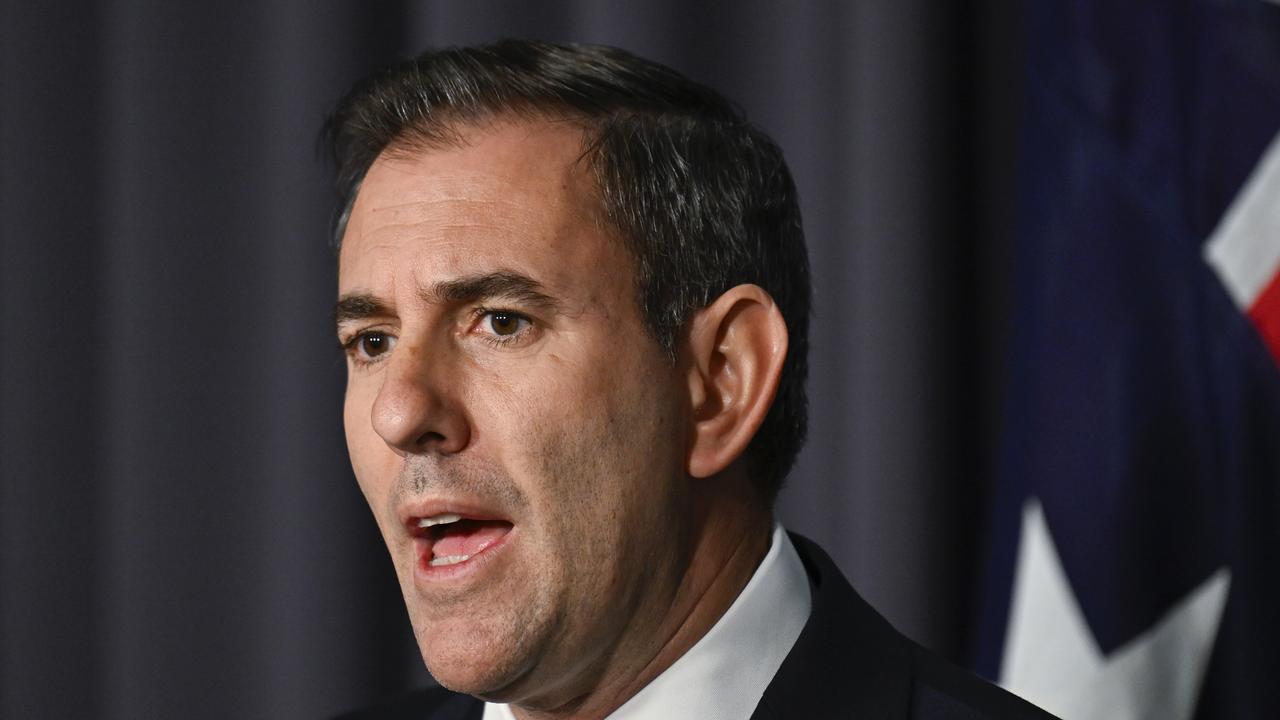Wealth taxes no way to fight inequality
A number of countries have experimented with wealth taxes, but these experiments have largely failed.
Saez and his colleague Gabriel Zucman have recently released a book entitled The Triumph of Injustice: How the Rich Dodge Taxes and How to Make Them Pay. (Saez and Zucman both also work with French economist Thomas Piketty, who focused on wealth and inequality.)
To give you a feel for how the debate went, towards the end, Saez admitted that “our numbers may be wrong” but he still implored the audience to read the book. His recourse to simply mentioning so-called “robber barons” — the wealthy industrialists who ran businesses in the US at the turn of the 20th century — to bolster his argument meant that the jig was up. It was more than a points victory to Summers; it was a TKO. A wealth tax is not a good way to combat inequality.
Before I outline the arguments, let me tell you a bit about Summers. A committed Democrat, he also holds many left-wing views but signs up to the value of markets.
At one stage, he was US Treasury secretary and he has been an economic adviser to US administrations, although unsurprisingly, not the current one. He is a nephew of the famous economist Paul Samuelson.
At times, he has courted controversy. When he was president of Harvard University, he publicly tied himself in knots by wondering whether men might be innately better at maths and science than women. He ultimately left the post earlier than expected.
In June 2016, Summers wrote that: “I believe the risks to the US and global economies of Mr Trump’s election as president are far greater (than the passage of Brexit). If he is elected, I would expect a protracted recession to begin within 18 months. The damage would be felt far beyond the United States.”
Clearly, he erred very significantly on this prediction, with the US economy continuing to grow, the stockmarket at record highs and unemployment at 3.5 per cent, as low as it’s been for 30 years. A major oops.
So what were the reasons Summers gave to oppose the wealth tax being proposed by Saez and Zucman (and, incidentally, being embraced by Democrat presidential candidate Elizabeth Warren)? The three main ones were as follows:
• It is unlikely to raise very much revenue, nothing of the magnitude that Saez and Zucman predict;
• The imposition of a wealth tax is unlikely to alter the undue influence and power of the uber-wealthy; and
• A number of countries have experimented with wealth taxes, but these experiments have largely failed.
On the first issue, the figures matter a great deal. Saez and Zucman think $187bn can be raised in the first year of the imposition of the wealth tax. Summers thinks the figure is closer to $25bn.
The point Summers makes is that dividing an assumed figure of total wealth by the proposed wealth tax rate is naive in the extreme. Estimating tax revenue is a specialised activity and yields very different results from simplistic exercises.
He quotes the revenue derived from estate duties in the US — it’s about $10bn a year — which is much less than the figure you would expect were you to do the simple maths.
There are all sorts of technical complications — spousal transfers, establishment of trusts, charitable donations and many others — that lead to the final outcome. Summers makes the point that these complicating factors would simply come into force earlier in people’s lifetimes were a wealth tax to be imposed.
On the link between wealth and power, Summers cites the uber-wealthy Bill Gates being a friend of Bill Clinton. Notwithstanding this connection, Microsoft was still prosecuted by antitrust authorities in the 1990s for various market-related offences.
Summers also notes that $US5m-$US6m ($7.27m-$8.73m) buys a whole lot of lobbying power in the US. A wealth tax will have no noticeable effect on the ability of the very rich to continue to purchase this means of influence.
The final point he makes is that a number of developed countries have introduced wealth taxes in recent years. Difficult and expensive to administer, in most instances, the associated revenue of these taxes has been very disappointing. There is also the danger that these taxes act as a deterrent for wealth accumulation via investment in new businesses, ultimately leading to lower economic growth.
Wealth taxes can also set up strong incentives for rich citizens to quit the taxing country and to find a more accommodating domicile.
Saez believes that US citizens would not flee the country because of a wealth tax, but this is an assumption on his part.
Thinking about Australia, it’s interesting to recall that in the panoply of new and altered taxes proposed by Labor at the last election, a wealth tax was not included.
To be sure, there are elements of wealth taxes within our tax code, including aspects of the taxation of superannuation. And land taxes, which are largely confined to investors and second-home owners, are also a form of wealth tax.
But even Labor wasn’t prepared to go to that next stage and propose a wealth tax. It’s an instance of being thankful for small mercies.
Summers is also interesting to Australians for his views on fiscal policy, which is influencing some of the debate about where the government should go in relation to the surplus and using budgetary measures to boost a soft economy.
Summers is associated with the so-called New View of fiscal policy, which is actually a reheated version of old-fashioned Keynesian prescriptions.
According to Summers and a number of his colleagues, fiscal policy can be effective as a counter-cyclical measure and, given very low interest rates, there is more fiscal space than many countries realise. Their preference is for targeted investments that can increase aggregate supply and make the economy more efficient. Mind you, this last aspect is easier to describe than implement.
Rather than bore you with the technical details of the debate, it should be stressed that there is no one-size-fits-all when it comes to fiscal expansion. Countries such as Japan and the US that can internally finance their government debt are in a different position from small, open economies such as Australia. What happens to the exchange rate in Australia is highly significant.
There is also the issue of whether many government investments can yield benefits greater than cost. We only have to think of the debacle the National Broadband Network has been and how the massive increase in government spending on schools has failed to lift student performances.
And there are plenty of other examples of dud programs — the Adelaide to Darwin railway, insulation batts, school halls, the National Rental Assistance Scheme and the list goes on.
Indeed, it’s hard to think of too many government spending programs where the benefits have clearly outweighed the costs.
Let me finish on this note about Summers and his criticism of Trump. By massively cutting company tax and pushing the US budget deeper into deficit, the President was in effect taking Summers’s advice. I just can’t find a copy of Summers’s congratulatory note to Trump anywhere.




I recently watched professor Larry Summers debate leftist economics professor Emmanuel Saez on the question: would a wealth tax combat inequality?